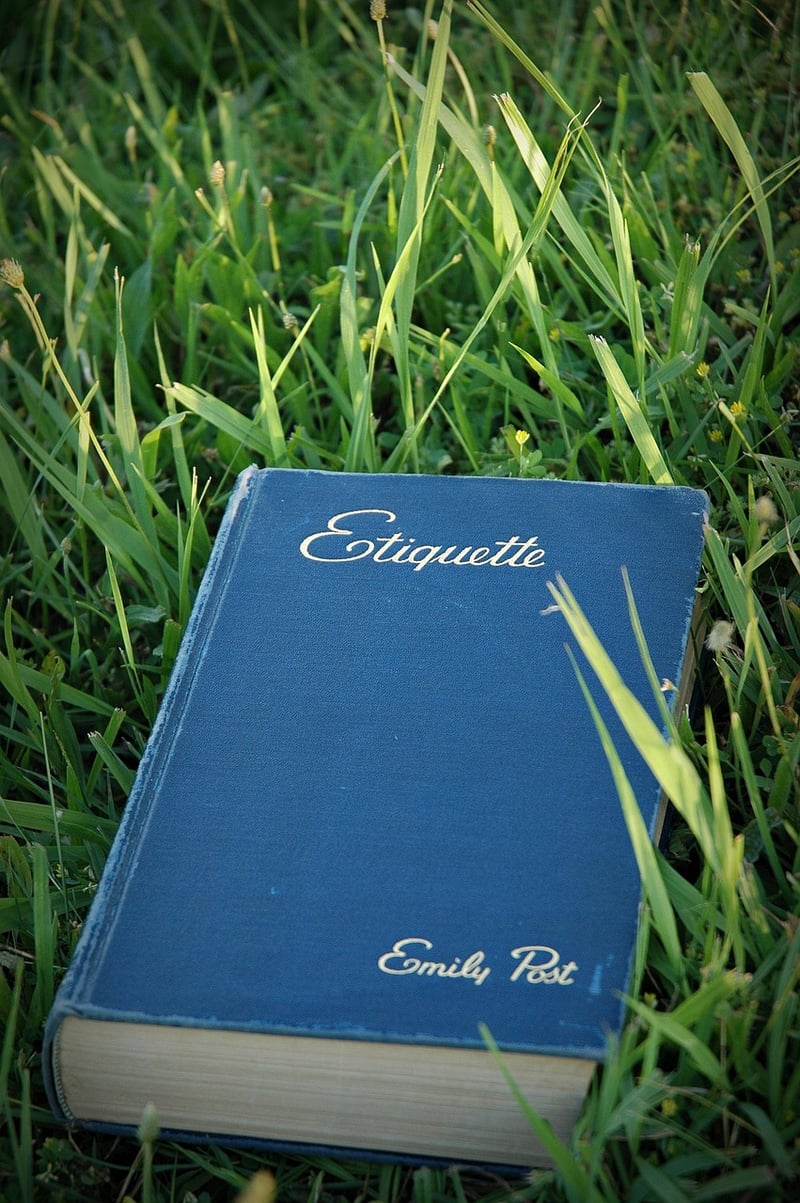Historical Etiquette
Essential Advice for Time Tourists
Introduction
Welcome, time travelers! Embarking on a journey through different historical periods can be thrilling, but it comes with its own set of challenges. To ensure a smooth and enjoyable experience, here is some essential advice for all time tourists.
1. Respect the Local Customs
When visiting a different time period, it's essential to respect the customs and traditions of that era. Avoid imposing modern beliefs or behaviors on the people of the past. Take the time to learn about the social norms and etiquette of the time to avoid unintentionally causing offense.
2. Dress Appropriately
Blend in with the locals by dressing in attire that is appropriate for the time period you are visiting. Not only will this help you avoid standing out, but it will also enhance your immersive experience. Consider researching the fashion trends of the era beforehand.
3. Learn the Language
Communication is key when traveling through time. If you are visiting a period where the language spoken is different from your own, take the time to learn basic phrases and greetings. This will not only help you navigate your way around but also earn you respect from the locals.
4. Be Mindful of Technology
While you may be accustomed to modern technology, remember that in the past, things were different. Avoid using gadgets or devices that might seem out of place in the era you are visiting. Embrace the simplicity of the time period and try to adapt to the lack of modern conveniences.
5. Leave No Trace
Respect the timeline by leaving no trace of your presence. Avoid altering historical events or leaving behind items that do not belong in that era. Your goal as a time tourist should be to observe and learn, not to interfere with the natural flow of history.
Historical Etiquette
1. Greetings
In different time periods, greetings vary widely. From a simple nod to an elaborate bow, be observant of how people greet each other and follow suit. Understanding the appropriate greeting shows respect for the customs of the era.
2. Table Manners
When dining in the past, pay attention to table manners. Different periods have different dining etiquettes, so be mindful of how you eat, use utensils, and engage in conversation during meals. Respect for the dining customs of the time will earn you favor with the locals.
3. Social Interactions
Engaging with locals in the past requires a good understanding of social interactions. Be polite, attentive, and avoid controversial topics. Remember that societal norms evolve, and what may be acceptable today could be considered offensive in the past.
Conclusion
By following these essential tips and historical etiquette guidelines, you can make the most of your time travel adventures. Remember to immerse yourself in the culture and customs of the era you are visiting and approach each experience with an open mind and respect for history.


